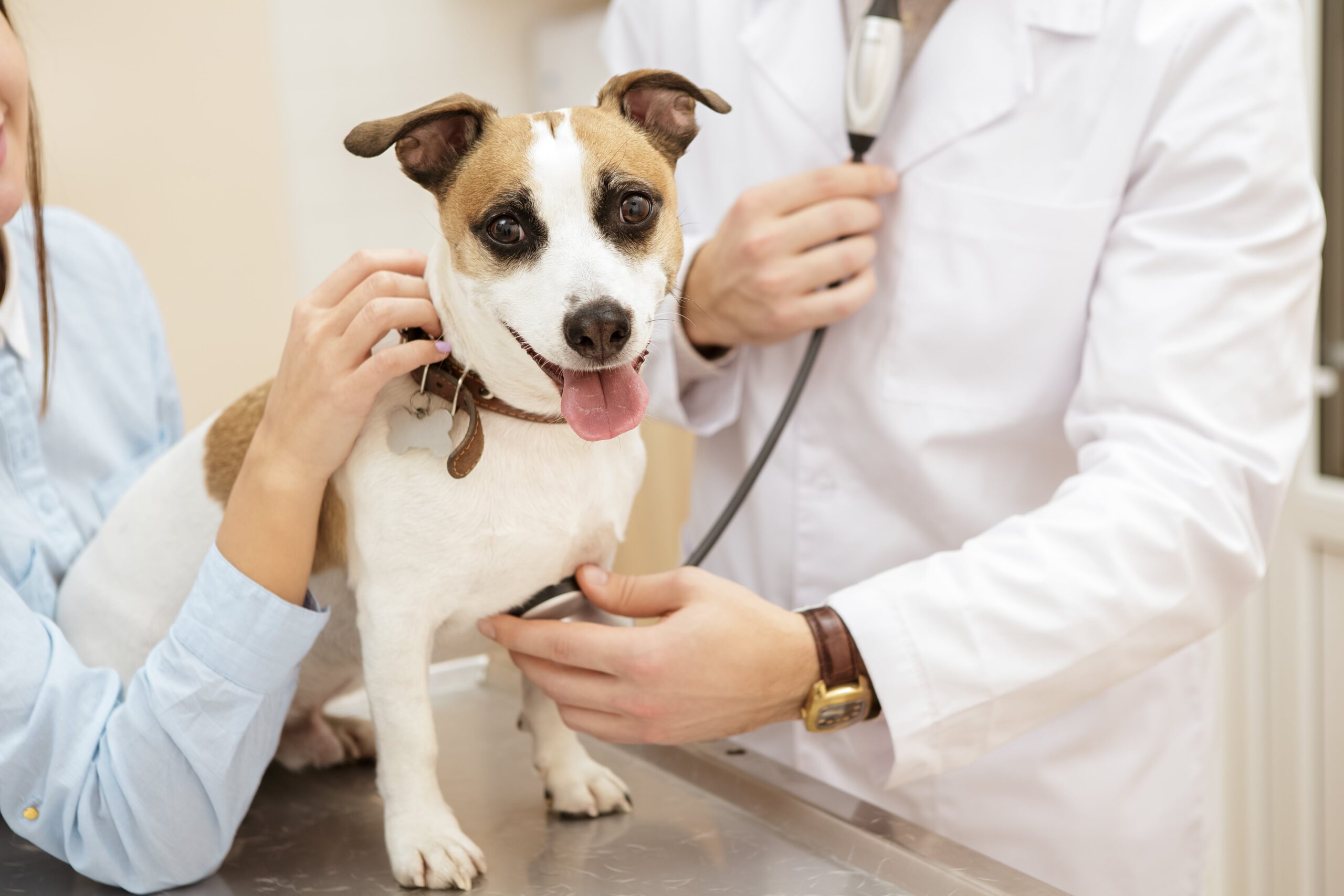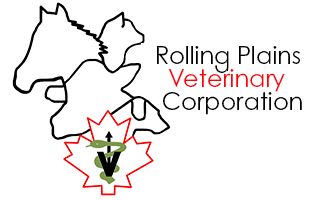
How to Choose the Right Vaccinations for Your Dog
March 30, 2025 2:48 pm
Vaccinations are a critical part of responsible pet ownership. By ensuring your dog receives the appropriate immunizations, you are safeguarding its health and well-being. But with so many options available, it can be challenging to determine which vaccinations your furry friend truly needs. Understanding core and non-core vaccines, along with tailoring a dog vaccination schedule to your dog’s lifestyle, will ensure your dog stays happy and healthy for years to come.
Why Vaccinations Are Essential for Your Dog’s Health
Vaccinations play a vital role in protecting your dog from dangerous and potentially fatal diseases. These immunizations work by preparing your dog’s immune system to recognize and fight off harmful pathogens. Without proper vaccination, your dog could be vulnerable to illnesses that are often preventable.
Protecting Your Dog from Common Diseases
Dogs are social creatures, and whether they play at the park, attend training classes, or encounter other animals, they can be exposed to contagious diseases. Vaccinations help reduce the risk of your dog contracting these illnesses, many of which are highly contagious and can spread rapidly.
Vaccines are also essential in preventing zoonotic diseases—illnesses that can spread from animals to humans. By keeping your dog vaccinated, you not only protect their health but also contribute to the overall well-being of your family and community.
Understanding Core and Non-Core Dog Vaccines
Vaccinations for dogs fall into two categories: core vaccines and non-core vaccines. Each plays a specific role in your dog’s overall protection.
Core Vaccines: Rabies, Distemper, and Parvovirus
Core vaccines are essential for all dogs, regardless of their age, lifestyle, or environment. These vaccinations target highly contagious and severe diseases that pose significant risks to your dog’s health.
- Rabies Vaccine: Rabies is a fatal viral disease that affects the nervous system of mammals. It is typically transmitted through bites from infected animals. Because rabies is a public health concern, vaccination is legally required in most regions.
- Distemper Vaccine: Canine distemper is a serious viral infection that targets the respiratory, gastrointestinal, and nervous systems. It is highly contagious and often fatal, making the distemper vaccine a crucial part of your dog’s immunization plan.
- Parvovirus Vaccine: Canine parvovirus is a highly contagious and potentially deadly disease that causes severe gastrointestinal distress. Puppies are particularly susceptible to parvovirus, making timely vaccination essential.
Non-Core Vaccines: Protecting Dogs Based on Lifestyle
Non-core vaccines are recommended based on your dog’s unique lifestyle, environment, and potential exposure risks. While not required for every dog, these vaccinations can be vital in certain circumstances. Some common non-core vaccines include:
- Bordetella (kennel cough)
- Leptospirosis (bacterial infection common in rural areas)
- Lyme disease (for dogs exposed to tick-prone environments)
- Canine influenza (ideal for dogs that frequent doggy daycares or boarding facilities)
Your veterinarian will recommend the most appropriate non-core vaccines based on your dog’s individual needs.
Creating a Tailored Vaccination Schedule for Your Dog
A well-planned dog vaccination schedule ensures your dog receives the right protection at the right time. This tailored approach considers your dog’s age, lifestyle, and potential exposure risks.
Factors to Consider: Age, Lifestyle, and Local Risks
When developing a customized vaccination schedule for your dog, consider these key factors:
- Age: Puppies typically require a series of vaccinations to build immunity. Booster shots are often needed throughout their adult years to maintain protection. Senior dogs may also need adjustments to their immunization schedule based on their health and immunity.
- Lifestyle: If your dog spends time in social settings like dog parks, doggy daycare, or grooming salons, they may require additional vaccines such as Bordetella or canine influenza. Conversely, dogs with a more solitary lifestyle may not need these additional immunizations.
- Local Risks: Geographic location can influence the types of vaccines your dog may require. For instance, if your area is prone to ticks, a Lyme disease vaccine may be highly recommended.
Working with Your Veterinarian to Build a Customized Plan
Your veterinarian is your best resource when creating a personalized dog vaccination schedule. They can assess your dog’s overall health, lifestyle, and risk factors and recommend the most suitable immunization strategy.
During your dog’s wellness visit, be sure to discuss any changes in your pet’s routine, travel plans, or recent health concerns. These details will help your veterinarian tailor your dog’s vaccination schedule to ensure optimal protection.
Keep Your Dog Happy and Healthy with Rolling Plains Veterinary Corporation
Ensuring your dog is vaccinated appropriately is one of the most effective ways to keep them safe from harmful diseases. At Rolling Plains Veterinary Corporation, we understand that every dog is unique, which is why we work with you to develop a customized dog vaccination schedule that fits their individual needs.
Our trusted and professional veterinary clinics provide expert guidance and comprehensive care for your pets. From preventive pet medications to treating emergent conditions, our team is dedicated to giving you peace of mind about your animal’s health. Whether you have dogs, cats, cattle, or horses, Rolling Plains Veterinary Corporation is here to support you with years of experience, accreditations, and a tenured professional history as emergency vets.
Contact us today to schedule your dog’s next vaccination appointment and ensure it receives the protection it needs to live a long, happy life.
Categorised in: Veterinary
This post was written by Dr. Marc Phillipot

Comments are closed here.